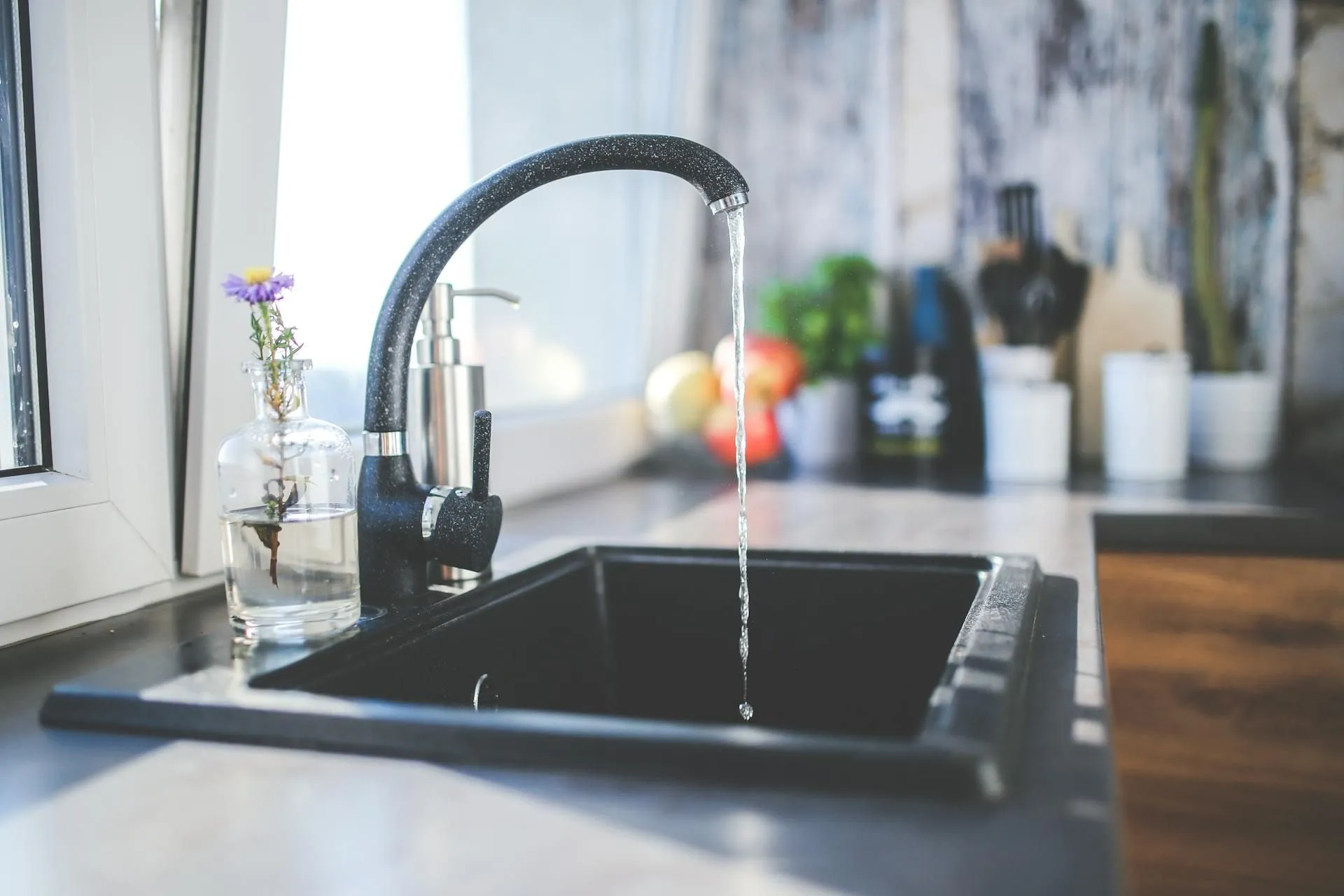What to do in a Plumbing Emergency
Plumbing emergencies can be some of the most stressful and disastrous situations homeowners can come across. Whether it’s a burst pipe, a leaking faucet, or a clogged toilet, these problems require immediate attention to prevent further damage to your property. Knowing what steps to take during a plumbing emergency is crucial in minimizing the potential damage and reducing your stress levels. Having an idea and understanding of the essential things you should do when facing a plumbing emergency is crucial. Check out.
What to Do in a Plumbing Emergency
Stay calm
It’s easy to panic when you’re faced with a plumbing emergency, but it’s imperative to stay calm. Panicking can cloud your judgment and make it tougher to handle the situation effectively. Take a deep breath, remind yourself that help is available, and focus on taking appropriate action.
Shut off the water
In most plumbing emergencies, turning off the water supply should be the first step. If the issue is localized, such as a leaking faucet or a toilet overflow, you can typically shut off the water to that specific fixture. However, if the problem involves a burst pipe or a major leak, it’s best to turn off the main water supply to your home. Every household member should be aware of the location of the main water shut-off valve and how to use it.
Assess the situation
Once the water is turned off, you can take a closer look at the problem and assess the severity of the situation. Evaluate whether it’s something you can fix yourself or if you’ll need professional help. Understanding the extent of the damage will help you communicate more effectively when seeking assistance.
Call a licensed plumber
While there are certain plumbing issues you can address as a DIY project, it’s often advisable to call a licensed plumber during an emergency. They have the necessary skills, experience, and equipment to tackle complex plumbing problems while ensuring the safety and integrity of your home’s plumbing system. Make sure to have the contact information of a reputable plumber readily available to expedite the process.
Contain and prevent further damage
While waiting for the plumber to arrive, take steps to contain the issue and prevent any additional damage. Use towels or buckets to soak up excess water, and if necessary, turn on fans or open windows to facilitate drying. If there is a risk of water reaching electrical outlets or appliances, switch off the electricity in the affected area until the problem is resolved.
Document the incident
It’s crucial to document the plumbing emergency, especially if it causes significant damage to your property. Take photos and videos of the affected areas to provide evidence for insurance claims. Keep track of the expenses, including any repairs or replacements required, as insurance providers may require evidence of the incident.
Learn from the experience
After the plumbing emergency has been resolved, take the opportunity to learn from the experience. Reflect on the root cause of the problem and take steps to prevent it from happening again in the future. Keep an eye on your plumbing system, perform regular maintenance, and address any minor issues promptly to avoid a much larger emergency down the line.
Plumbing Emergencies Examples
Burst Pipes – Burst pipes can be one of the most alarming plumbing emergencies, causing extensive water damage to your property. This can happen due to freezing temperatures, excessive water pressure, or aging pipes. If you notice a sudden loss of water pressure, strange noises, or puddles forming near your pipes, it’s crucial to act quickly. Shut off the main water supply immediately to prevent further damage and call a professional plumber to repair the burst pipe.
Clogged Drains – While a clogged drain might not seem like an urgent emergency, it can quickly escalate into a bigger problem if ignored. A severely clogged drain can cause backups and overflows, damaging your fixtures and potentially leading to water damage. In such cases, using a plunger or chemical drain cleaners may not be enough. It’s advisable to contact a plumber who can utilize specialized tools and techniques to clear the clog effectively.
Overflowing Toilets – An overflowing toilet is not only unpleasant but can also be a health hazard if left unaddressed. If you notice the water level rising uncontrollably after flushing or hear gurgling sounds in the pipes, turn off the water supply valve located behind the toilet. This will help stop the water from overflowing. Then, contact a plumber who can address the issue promptly, as it could indicate a blockage in your sewer line.
Water heater malfunction – Discovering your water heater isn’t working can be a frustrating surprise, especially during colder months. Signs of a water heater emergency include no hot water, unusual noises, or visible leaks around the unit. Before attempting any repairs, it’s important to turn off the power supply and gas valve. This will help prevent accidents and further damage. Instead, rely on a professional plumber experienced in water heater repairs and replacements to diagnose and resolve the problem correctly.
Sewer backups – Sewer backups are among the worst plumbing emergencies you can experience. They can occur due to clogged sewer lines, tree root intrusion, or damaged pipes. Signs of a sewer backup include foul odors, gurgling drains, or multiple fixtures experiencing drainage issues. In such cases, it is vital to contact a plumber immediately, as sewage backups pose serious health risks. Avoid using any water until the issue is resolved to prevent further contamination or damage.
Preventing a Plumbing Emergency
- Regularly inspect your plumbing system: To catch potential issues before they become emergencies, make it a habit to inspect your plumbing system regularly. Check for any visible leaks, corrosion, or signs of damage. Look for water spots on walls, ceilings, or floors, as they can indicate a hidden leak. Performing routine inspections will help you identify problems early on and take quick action to prevent further damage.
- Keep drains clear: Clogged drains are common plumbing issues that can escalate into emergencies. Prevent them by being mindful of what goes down your drains. Avoid disposing of grease, cooking oils, coffee grounds, or leftover food particles in the sink. Use drain guards to catch hair, soap scum, and other debris in showers and tubs. Regularly clean your drains with environmentally friendly drain cleaners or a mixture of baking soda and vinegar to prevent buildup.
- Be cautious with what you flush: Flushing anything other than toilet paper and human waste can lead to severe plumbing problems. Avoid flushing feminine hygiene products, wipes, paper towels, or diapers down the toilet as they can cause clogs. Encourage your family members or roommates to follow the same rule to prevent potential toilet blockages.
- Insulate exposed pipes: Cold weather can wreak havoc on your plumbing system. To prevent frozen pipes that can burst and cause extensive damage, make sure to insulate any exposed pipes. Use pipe sleeves or heat tape, especially in crawl spaces, basements, or garages where temperatures can drop significantly. Taking this preventative step will give you peace of mind during winter months.
- Know your water main shut-off valve: In the event of a plumbing emergency, it’s crucial to know how to shut off your home’s main water supply. Familiarize yourself with the location of the water shut-off valve and ensure it is easily accessible. Turning off the main water supply quickly can minimize potential water damage and prevent floods.
- Hire a professional for regular maintenance: A professional plumber can perform routine maintenance on your plumbing system, inspecting pipes, fixtures, and drains. Regular maintenance helps identify potential issues before they become emergencies and ensures your plumbing functions efficiently. Consider scheduling an annual plumbing check-up to stay ahead of any problems that may arise.
- Watch your water pressure: High water pressure can strain your pipes, leading to leaks or bursts. Use a pressure regulator to keep your water pressure within the recommended range. Excessive pressure can cause serious damage to water-using appliances like washing machines, dishwashers, or water heaters. Monitoring and controlling the water pressure will prevent unnecessary emergencies.
Partner with Two Anchors Plumbing in a Plumbing Emergency
When faced with a plumbing emergency, it is crucial to have a reliable and efficient plumbing partner by your side. Two Anchors Plumbing offers all the qualities you need in such a situation – prompt service, expertise, state-of-the-art equipment, comprehensive services, and excellent customer service. By partnering with Two Anchors Plumbing, you can rest assured that your plumbing emergency will be resolved promptly and professionally, minimizing damage and putting your mind at ease. Call now!





